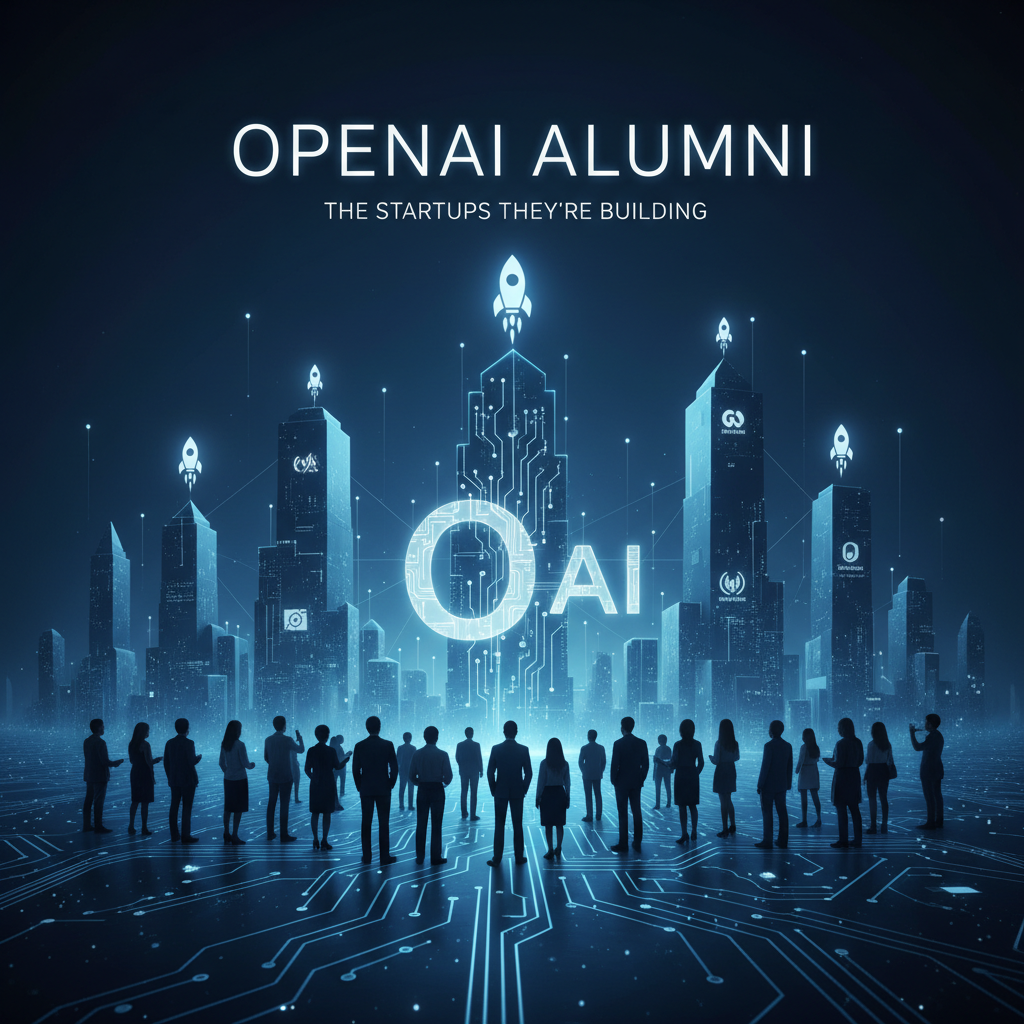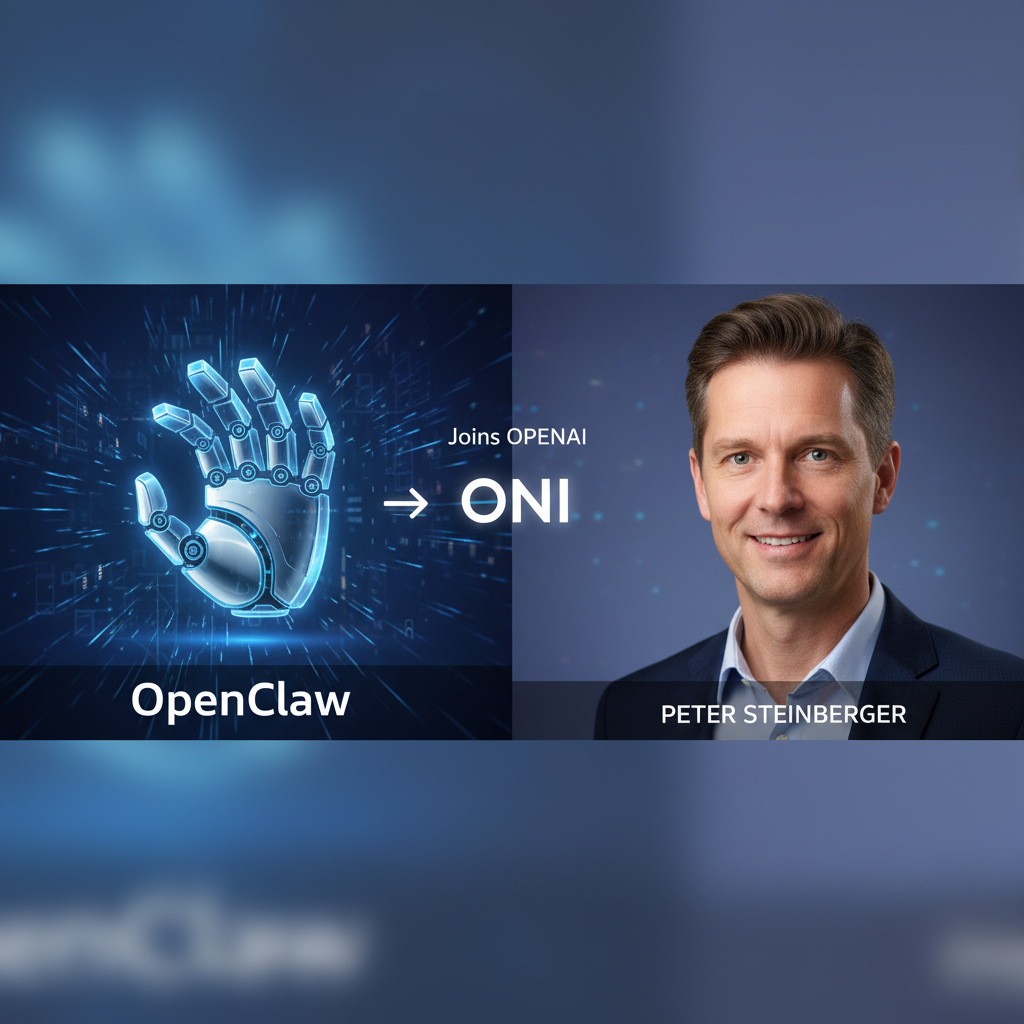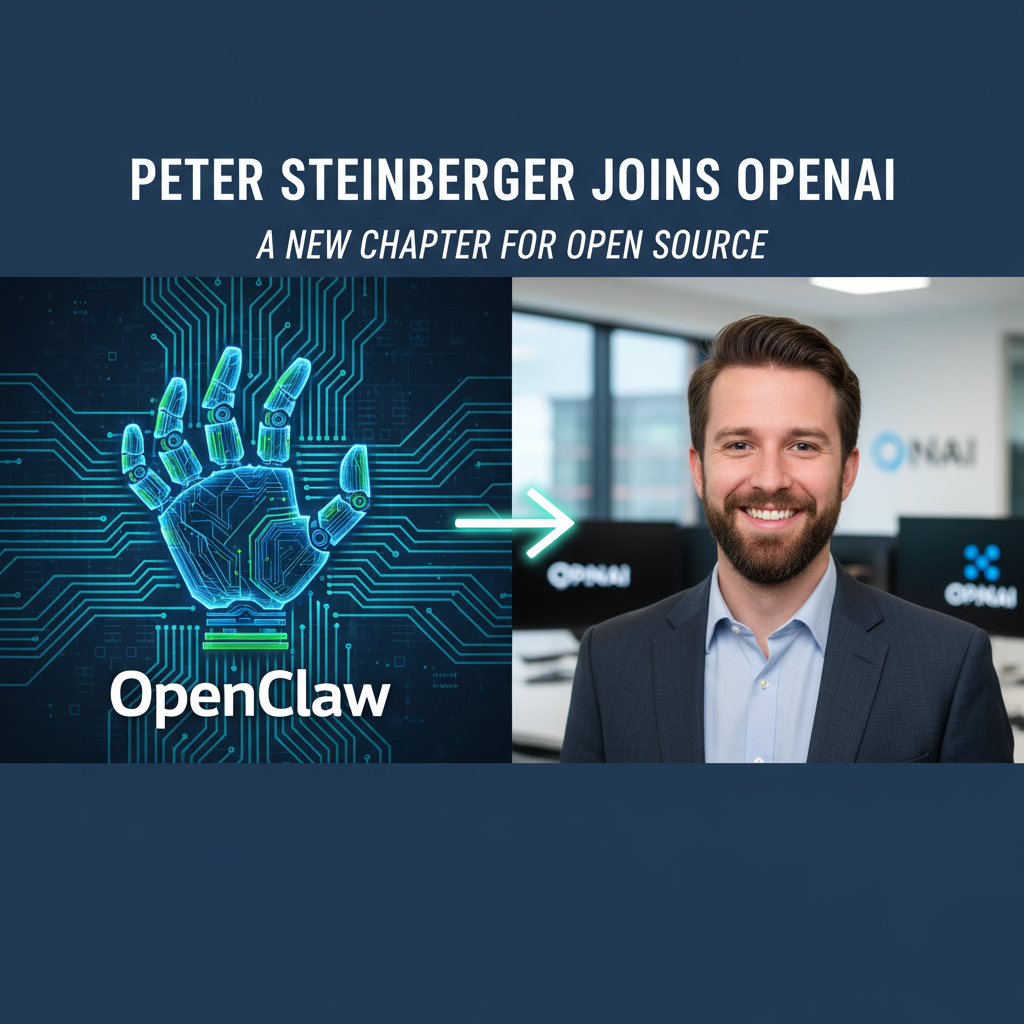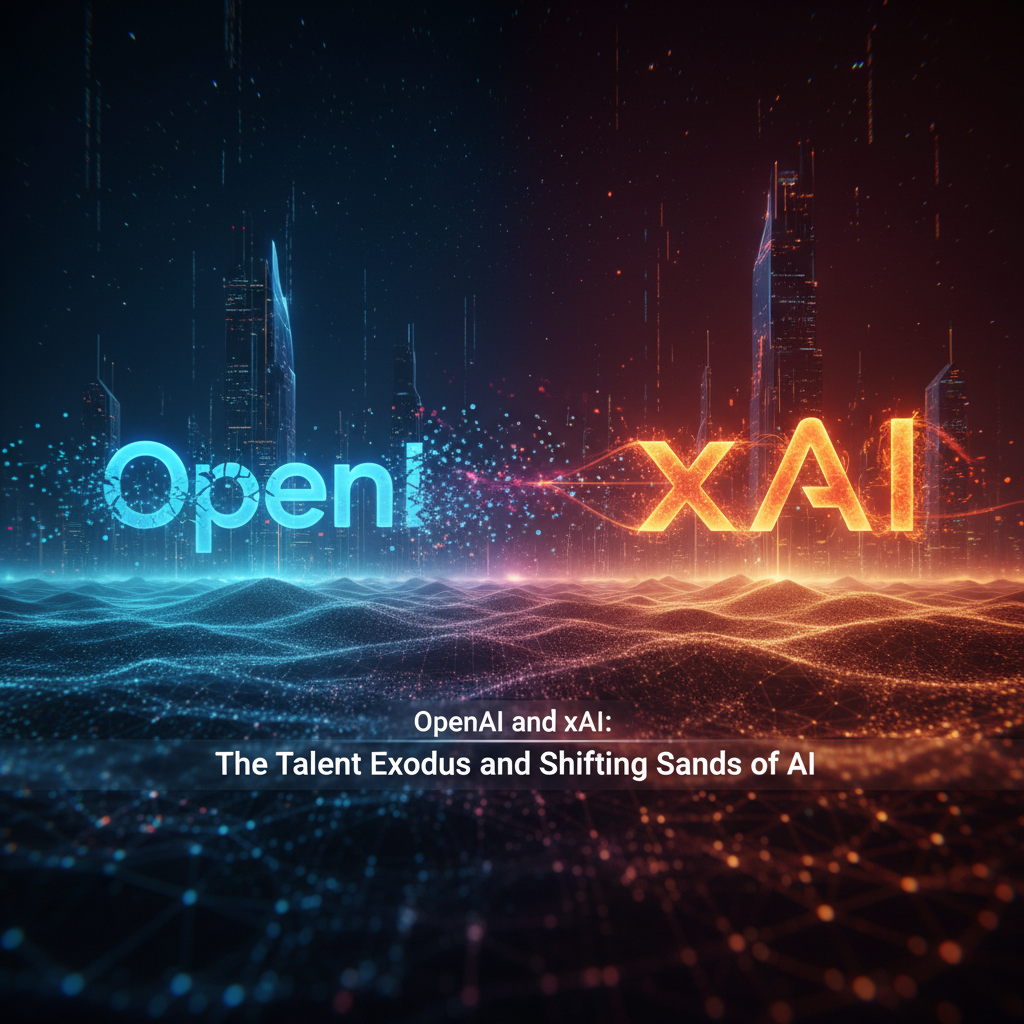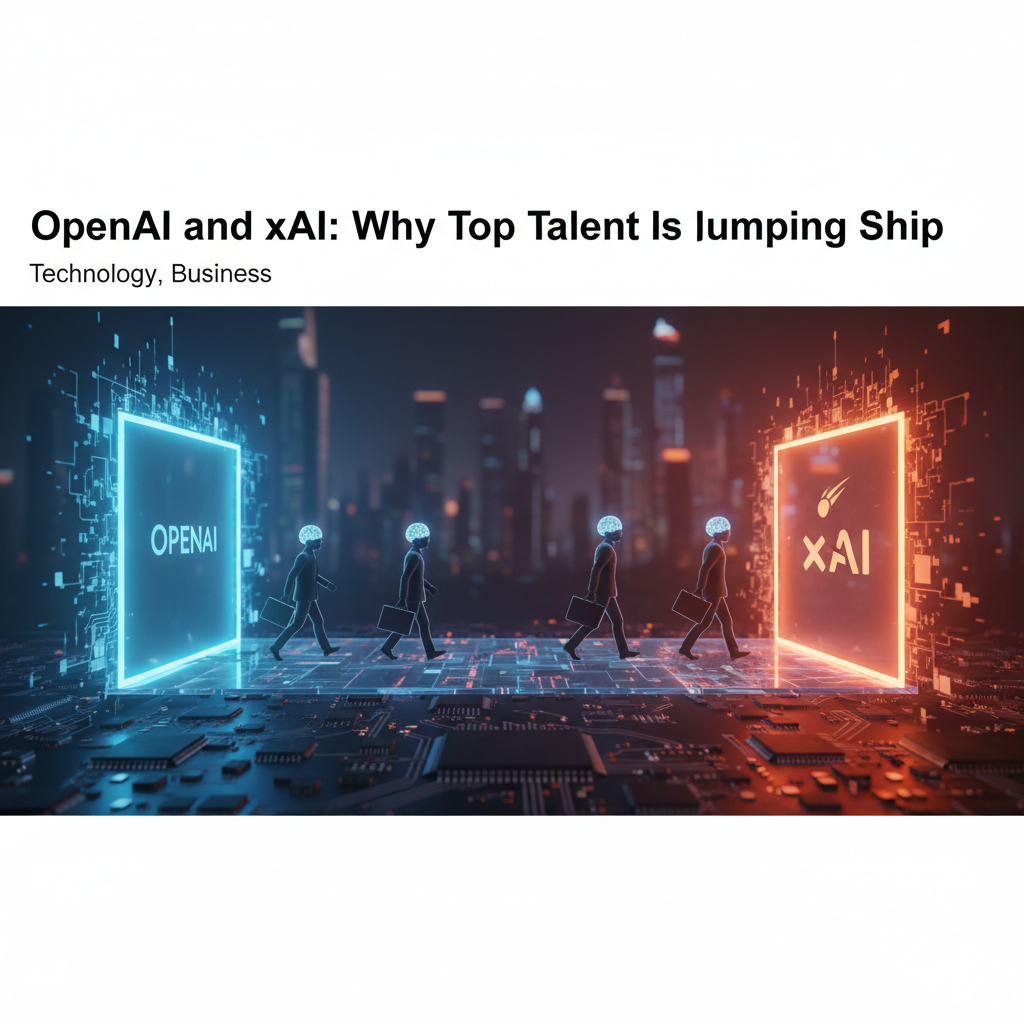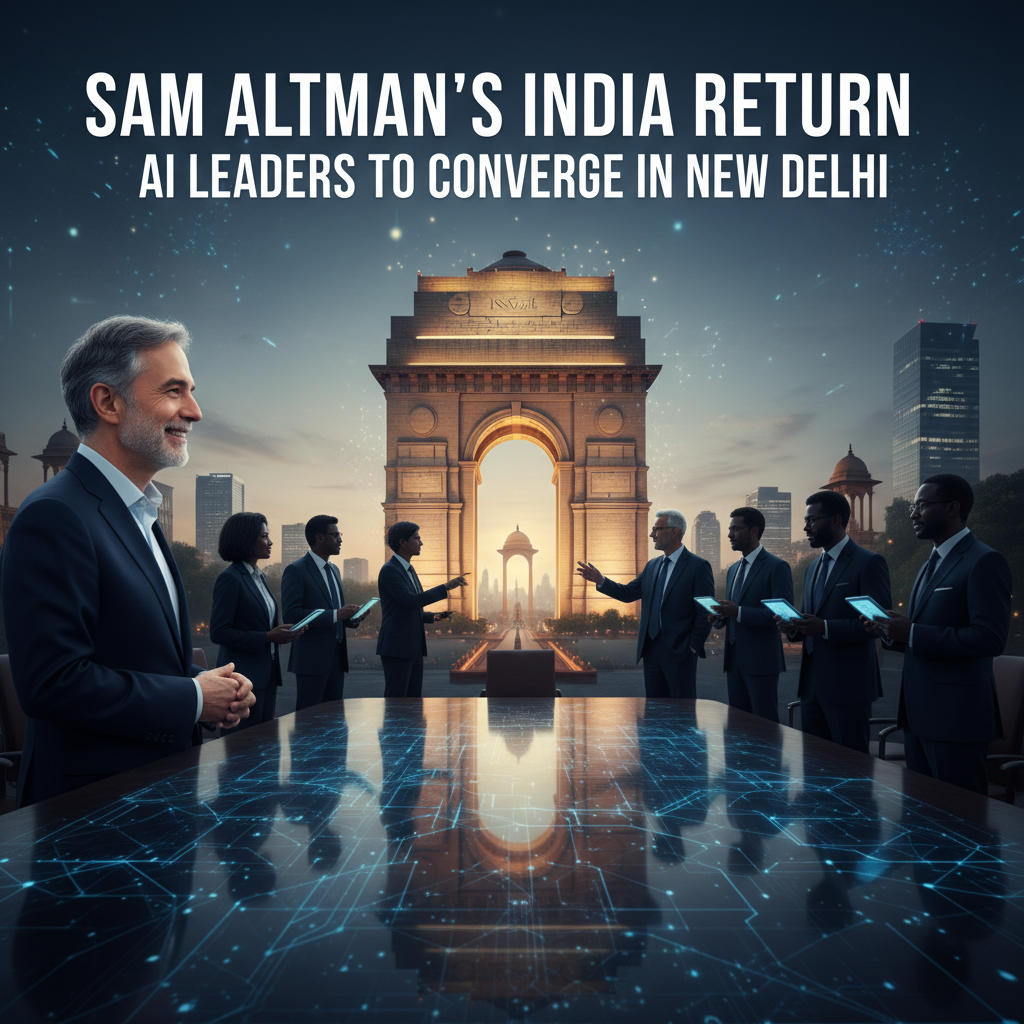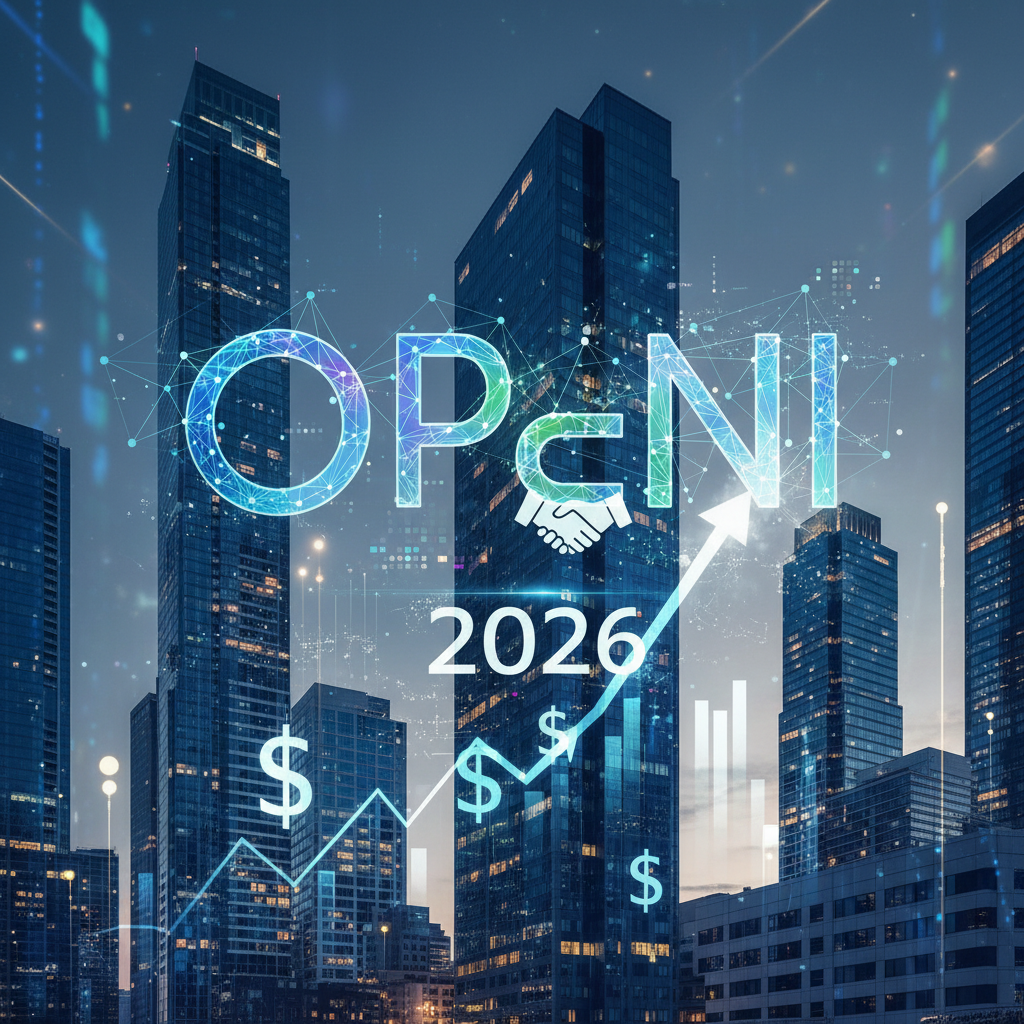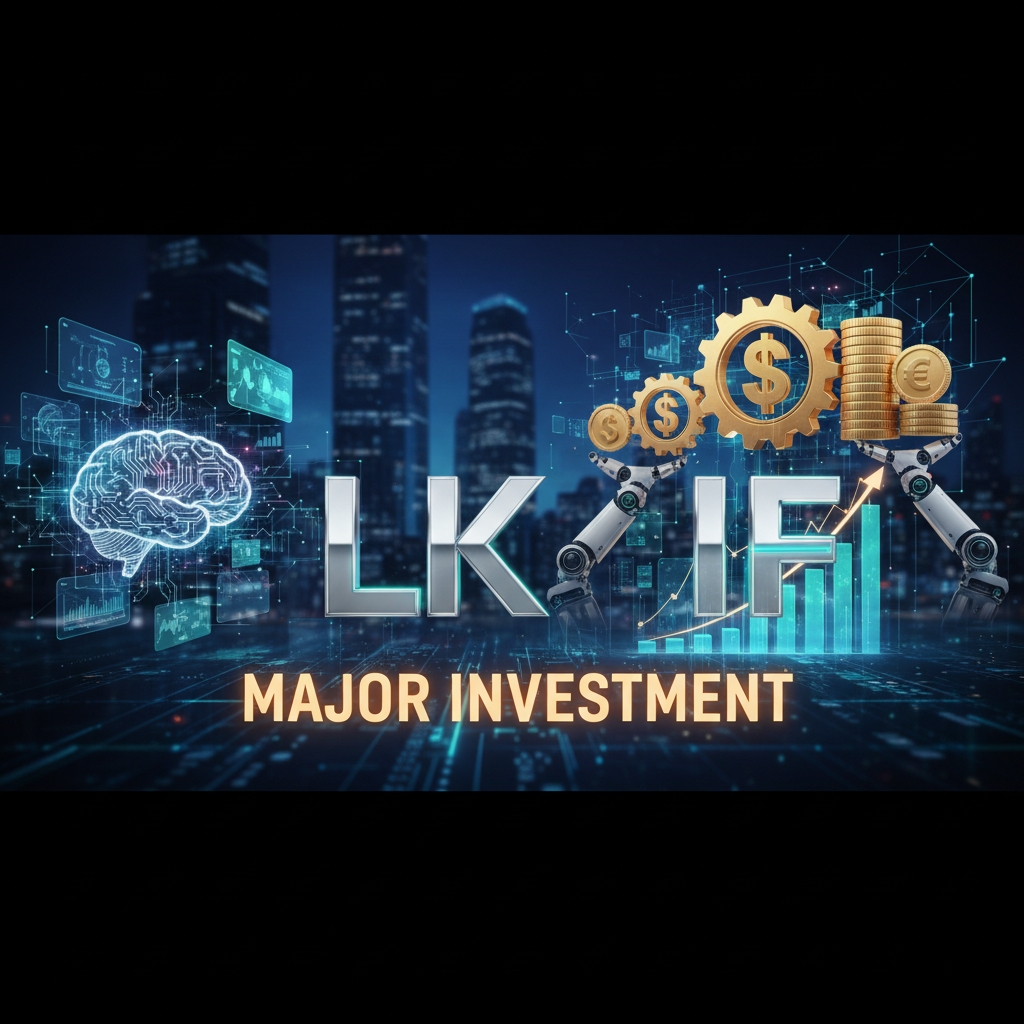OpenAI’s Alumni: The Startups They’re Building
The tech world is abuzz with the rise of AI, and at the heart of this revolution is OpenAI. But the story doesn’t end with the organization itself. A growing number of startups, founded by OpenAI alumni, are now making their mark. This article delves into this phenomenon, exploring the ventures spearheaded by former OpenAI employees and their potential impact on the future of technology, as highlighted by a February 20, 2026, TechCrunch article.
The Emergence of the OpenAI ‘Mafia’
The term “OpenAI mafia” has begun to circulate, a nod to the influential network of individuals who have shaped the organization and are now branching out to create their own ventures. This “mafia” isn’t about nefarious dealings; it’s a testament to the talent pool that OpenAI has cultivated. The knowledge and experience gained at OpenAI are now being channeled into a diverse range of startups, each with its unique focus and ambition. This trend mirrors similar patterns observed in other tech giants, where alumni have gone on to found successful companies, contributing to innovation and economic growth.
The startups founded by OpenAI alumni span various sectors, from AI-powered tools and platforms to applications in healthcare, finance, and other industries. This diversity reflects the broad applicability of AI and the varied interests of the founders. Each startup brings a unique perspective and expertise, shaped by their time at OpenAI, contributing to the dynamism of the tech ecosystem.
Key Startups and Their Focus
While the exact number and specific details of each startup may evolve, the trend is clear: OpenAI alumni are actively involved in shaping the future of technology. These ventures often leverage cutting-edge AI technologies, including natural language processing, machine learning, and computer vision. They aim to solve real-world problems, improve efficiency, and create new opportunities across various industries.
The founders’ experiences at OpenAI provide a competitive edge, allowing them to navigate the complexities of AI development and deployment. They bring a deep understanding of the technology, access to a valuable network, and the ability to attract top talent. This combination positions them well to succeed in a rapidly evolving market.
The Broader Impact
The emergence of these startups has significant implications for the tech industry. It fosters innovation, drives competition, and accelerates the adoption of AI technologies. As these companies grow and succeed, they create jobs, attract investment, and contribute to economic growth. They also inspire future generations of entrepreneurs and innovators.
Moreover, the success of OpenAI alumni startups can influence the direction of AI research and development. These ventures often push the boundaries of what’s possible, exploring new applications and approaches. They also provide valuable feedback to the broader AI community, helping to refine technologies and address challenges.
Challenges and Opportunities
The startups founded by OpenAI alumni face both challenges and opportunities. They must compete in a crowded market, secure funding, and attract and retain top talent. They also need to navigate the ethical considerations and regulatory landscape surrounding AI. However, they also have significant advantages, including their experience, network, and access to resources.
As AI continues to evolve, the demand for AI-powered solutions will only increase. This creates significant opportunities for these startups to thrive and make a lasting impact. By focusing on innovation, collaboration, and ethical practices, they can position themselves for long-term success.
Conclusion
The “OpenAI mafia” represents a dynamic force in the tech industry. The startups founded by OpenAI alumni are poised to shape the future of AI and create new opportunities across various sectors. As the tech landscape continues to evolve, the impact of these ventures is only expected to grow, making them a key area to watch in the coming years.
The story of these startups is a testament to the power of talent, innovation, and the transformative potential of AI. As these companies continue to emerge and grow, they will undoubtedly leave their mark on the world, driving progress and shaping the future.
